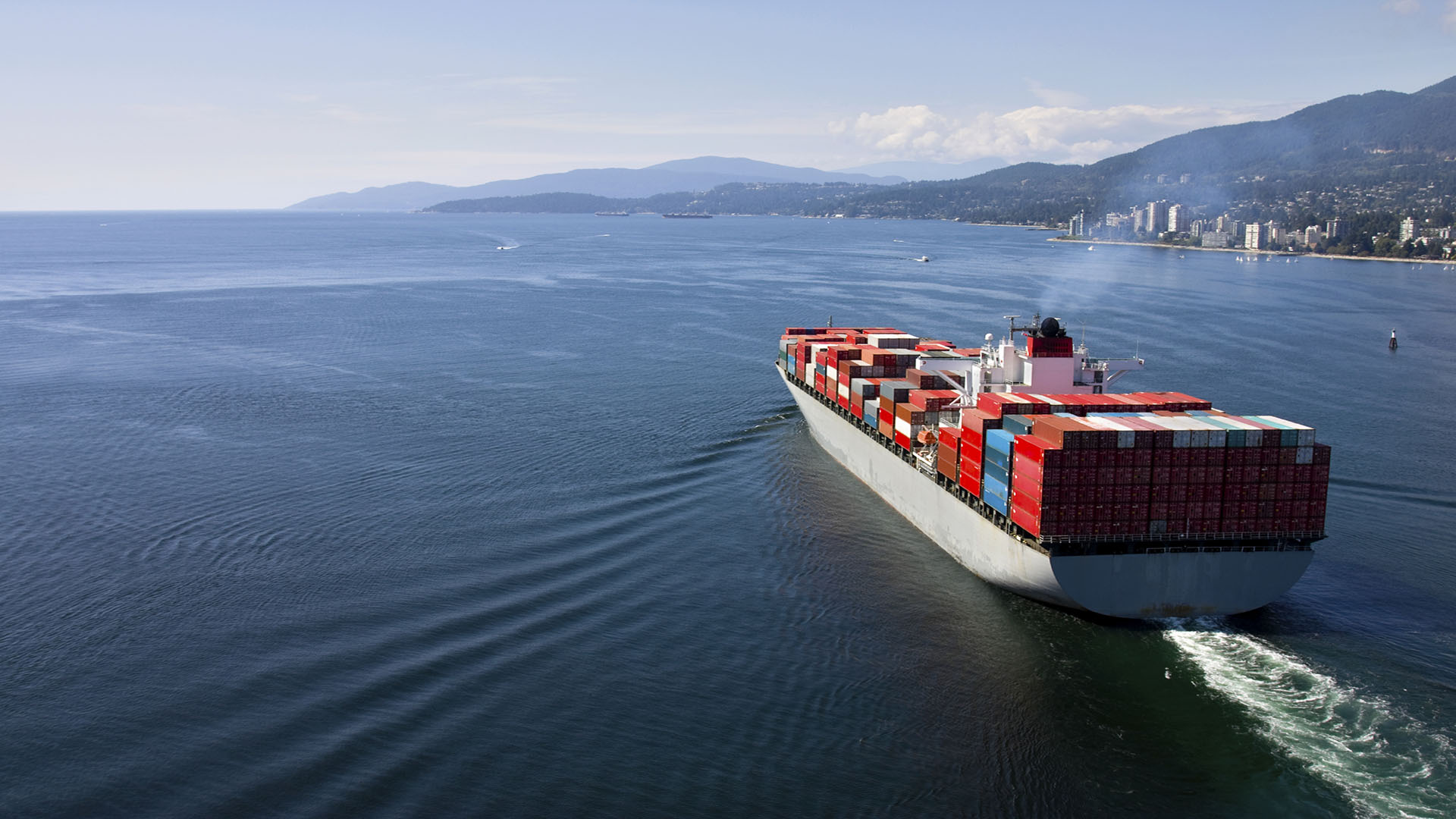
Notification requirements when carrying nickel ore from Indonesia and the Philippines
This Alert refers to the circular 2541/2012, dated 4 June 2012 relating to the safe carriage of nickel ore cargoes. Members must contact the Club with mandatory information when involved in shipping this cargo in Indonesia and the Philippines.
Nickel ore is a cargo which may liquefy if the moisture content of the material exceeds its Transportable Moisture Limit (TML). Cargo liquefaction may lead to a loss of stability, to the extent that the ship may capsize. Members considering the carriage of nickel ore from ports in Indonesia and the Philippines should note the recommendations contained in the circular 2541/2012.
Mandatory Notification Requirement
Whilst it remains the Members’ responsibility to ensure full compliance with the IMSBC Code and to take any measures necessary to ensure the safe carriage of nickel ore cargoes from ports in Indonesia and the Philippines, Members who plan to fix or charter a ship to load nickel ore from ports in Indonesia and the Philippines, or where under an existing fixture a ship is ordered to load such cargo, must contact the Club at the earliest opportunity and, where possible, provide the following information:
- Ship name
- Port/anchorage of loading and estimated time of arrival
- Date of intended loading
- Charterer/shipper’s details
- Agent’s details
- Copy of the shipper’s cargo declaration and supporting certificates
This will enable the Club to provide Members with relevant information on measures that might be taken to reduce the risk, as set out in the previous circular, such as the appointment of a local surveyor to assist the Master, and the appointment of an expert, not necessarily to attend in person, but to liaise and supervise the local surveyor throughout. These measures may reduce the risks inherent in the carriage of nickel ore cargoes but are not a guarantee of safety.
If the Master is in any doubt whatsoever as regards the suitability and safety of the cargo, then loading should be stopped. The Member should contact the Club immediately. Problems are likely to arise if the loading of unsafe cargo is permitted. It may, for example, be difficult to discharge the cargo due to the lack of facilities in the loading port or complications arising from local customs regulations.
As experience is gained as a result of these mandatory declarations, the Club aim to be in a better position to identify those areas, ports and shippers which present particular difficulties, including inaccurate cargo declarations.
Possible Prejudice to Club Cover
Members should be aware that they may be prejudicing Club cover if they fail to notify the Club that they plan to fix or charter a ship, or that a ship has been ordered, to load nickel ore from a port in Indonesia or the Philippines.
Conclusion
The objective of this notification procedure is to try and ensure Members engaged in or contemplating the carriage of nickel ore are made aware of the dangers, the IMSBC Code requirements, Club cover implications and also provided with information on measures available to mitigate these risks, even if they cannot be entirely excluded.
For more information about nickel ore cargoes please note our previous Member Alerts
Philippines – Warning of wet nickel ore cargo in bulk from Surigao » (31 Oct, 2016)
Guide for the Safe Loading of Nickel Ore by INTERCARGO » (15 Feb, 2012)
Member Alert is published by The Swedish Club as a service to members. While the information is believed correct, the Club cannot assume responsibility for completeness or accuracy.